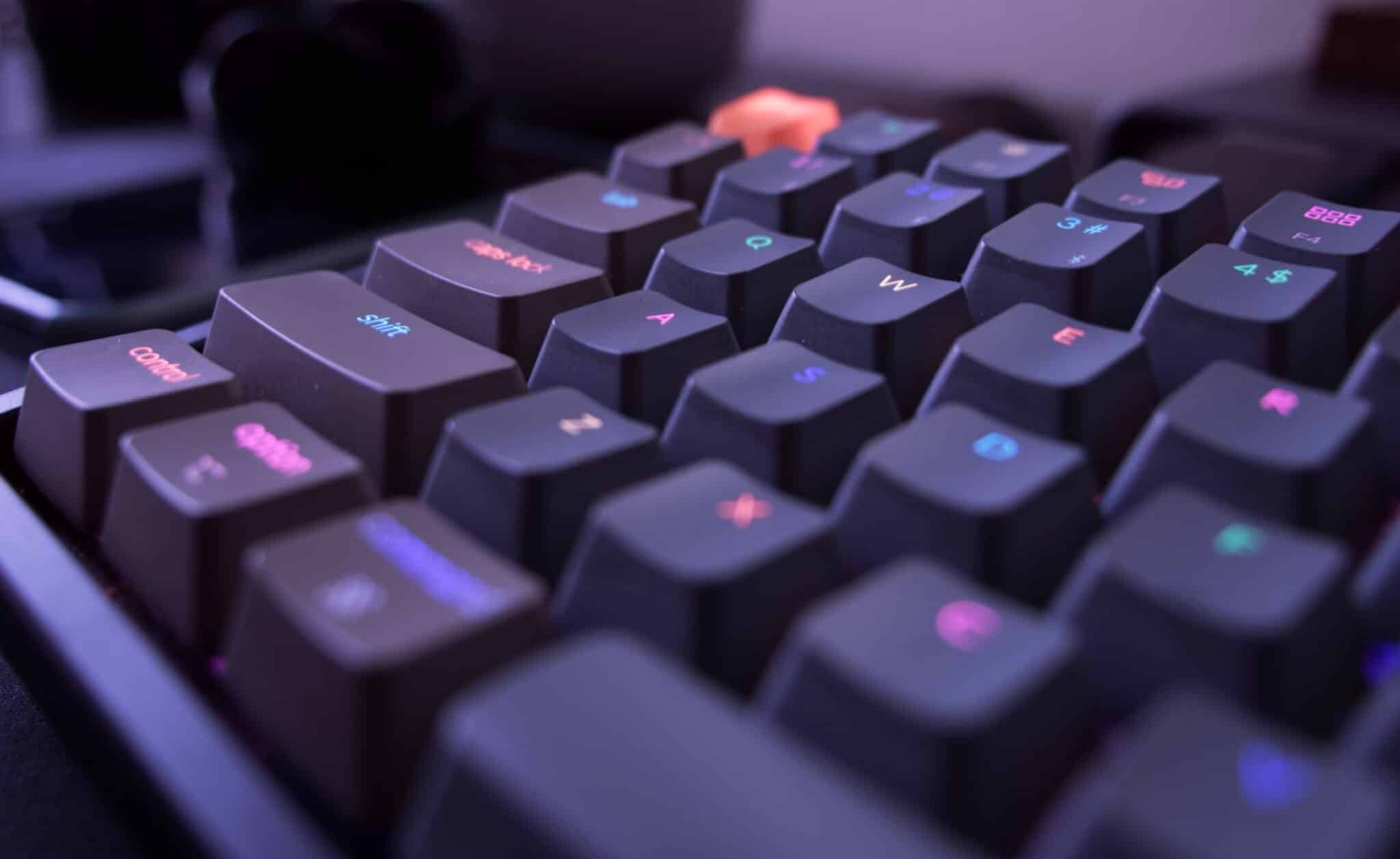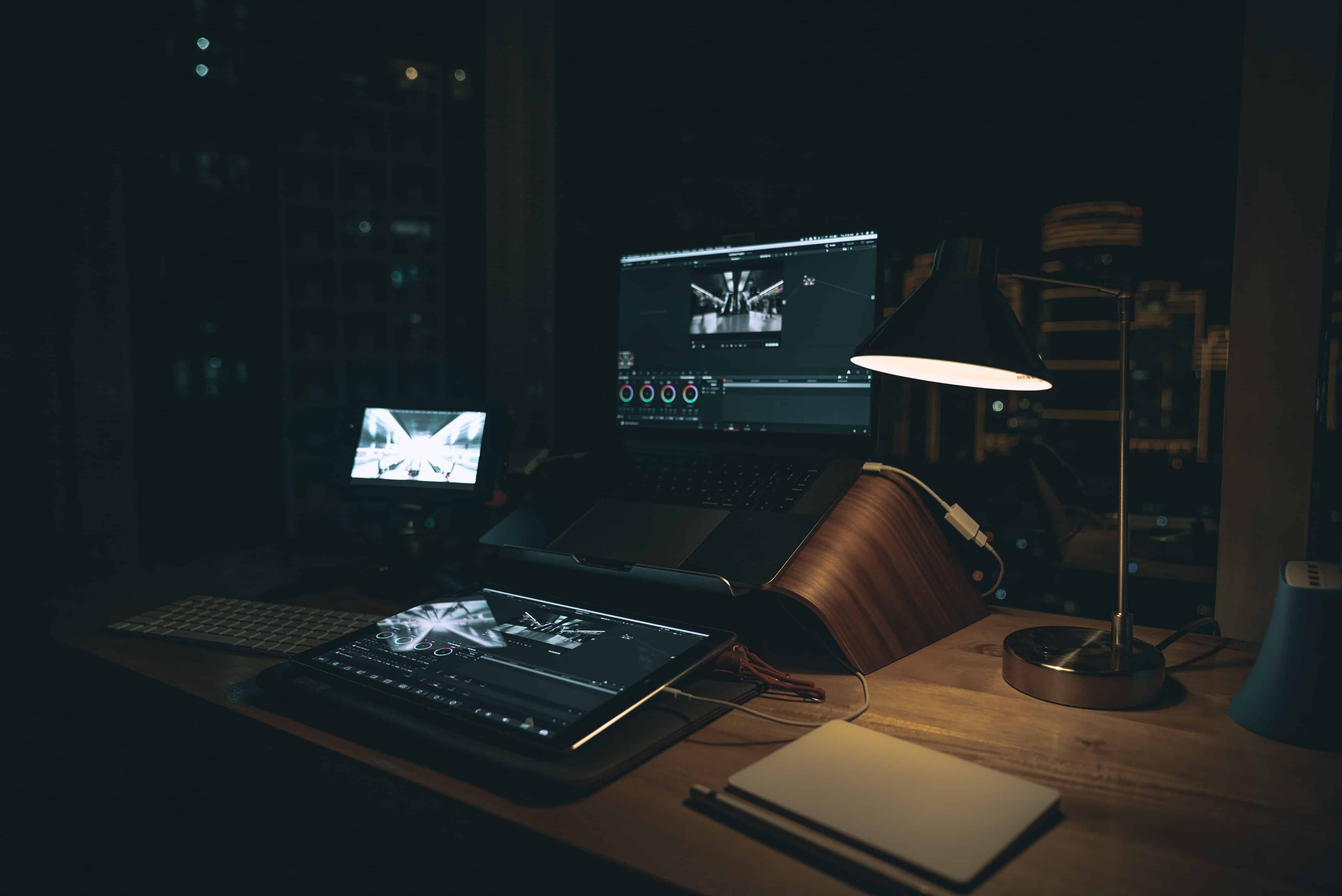Verbit is excited to feature guest author Jen Krueger to deep dive into the role and importance of the court reporter.
The most important person in attendance at any legal proceeding is the court reporter. The faculty and administration of the Captioning and Court Reporting Program at Cuyahoga Community College (Tri-C) know this to be true. Without a properly trained court reporter capturing the words spoken during a deposition, hearing, or trial, the best efforts of attorneys on behalf of their clients may be lost. As attorneys seek to vigorously represent their clients, they depend on the absolute accuracy of a transcript.
Pursuit of information from sworn witnesses during depositions are needed during the discovery process of a lawsuit. Attorneys rely on the accuracy of deposition transcripts as they seek to verify or impeach a witness’s testimony as is appropriate to their clients’ cases. Trial transcripts are needed for appeal and the judges who review the transcripts expect them to be flawless. It gives them a picture of what occurred in the past as if they were present. Decisions that change the course of someone’s life hang on the accuracy of a court transcript.
The end product of a court reporter’s work is the transcript. To achieve the knowledge and skills necessary to create that perfect transcript takes the efforts of a smart, thoughtful, determined individual – and the support of smart, thoughtful, and determined instructors. At Tri-C, the attitude toward court reporters is always one of utmost respect. A court reporting student is entitled to a robust education that results in a person trained not just to capture all the words spoken in a legal proceeding, but to understand what is occurring, be poised in the midst of stress, manage emotional outbursts and difficult testimony, along with demonstrating professionalism and ethical behavior.
So, what does an education for a court reporter entail at Tri-C? Students learn about court procedures and how their role in the judicial system impacts society. Students learn to swear in witnesses, mark exhibits, and create transcripts. They also learn how to interact with clients, lawyers, and judges in any situation. Court reporting students learn about the components of legal transcripts and how to create them in a timely and precise manner. Court reporting students study the rules of the English language, using grammar and punctuation to ensure that every transcript reflects the exact words and intent of the speakers.
Court reporting students learn that they must be reliable and flexible. They know that a proceeding cannot go forward if they are not seated and ready to go at the appointed hour. They know how to take command of the proceeding if parties speak over one another, talk too fast, mumble or speak so quietly their words cannot be heard.
Court reporting students are detail oriented, tracking the exhibits that are being marked, for instance, knowing which exhibit is which and who retains custody of them at the end of a proceeding. They double check the spelling of every name, address, medication, and number spoken. Court reporting students know that they must correctly identify the attorneys, the judge, and all participants at any proceeding.
Court reporting students learn confidence. They recognize their value and realize that if they do not do their work well, everyone suffers. Court reporting students know that they must inspire confidence as they go about their work.
Court reporting students also learn that there are three methods for capturing a record and that each of those methods is secondary to the knowledge and behaviors that make a great court reporter. The steno writer is probably the most familiar as everyone sees this person portrayed in television, sitting behind the machine, depressing keys on a small keyboard that eventually make their way into a transcript. However, steno writers are not the only court reporters capturing the record. Voice writers speak into a microphone, repeating every word that said in a proceeding and seeing to it that those words are translated and put into a verbatim transcript. Digital reporters use recording technology to capture the spoken words of participants at a legal proceeding with those words transcribed into a verbatim transcript. At Tri-C, students have the ability to choose the technology that best fits their interests and physical abilities. If someone wants to use her hands on the keyboard to capture the record, she becomes a steno writer. If another student wants to talk quietly into a mask and capture the record that way, he chooses voice writing. Meanwhile the student who is interested in digital reporting equipment decides to learn that track.
Regardless of the technology chosen, the court reporter remains the most important person in the room. If participants talk over one another and the court reporter doesn’t stop them from doing that, the words cannot be understood and presented in the transcript correctly. If the exhibits are mismarked or misplaced, they are not properly included in the transcript. If the reporter is late to an event, important time is wasted. If a transcript is not delivered to an attorney or to the court on time, the legal process is stalled.
As you can tell, the more important aspect of a court reporter’s education is actually not just one aspect, but the culmination of many. Regardless of the technology used, there is overlap in the skills necessary to successfully capture the record. Those skills are possessed by the court reporter, not his or her technology choice.
About our guest author:
Jen Krueger, a Fellow of the Academy of Professional Reporters, earned her PhD in Instructional Design and is a professor in the Captioning and Court Reporting Program of Cuyahoga Community College. Prior to teaching, she was a freelance court reporter and earned her RMR, CRI, and CPE certifications from NCRA.
More: Verbit provides a technology built and customized for the role of today’s court reporters. Learn more about our legal deposition and proceedings tools to produce transcripts efficiently and accurately here.




